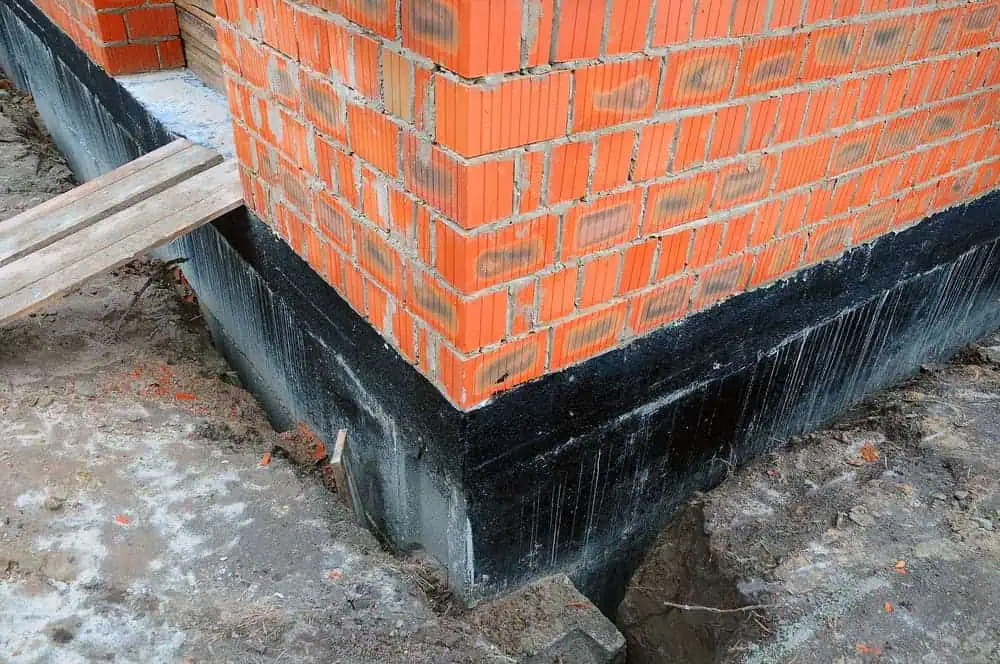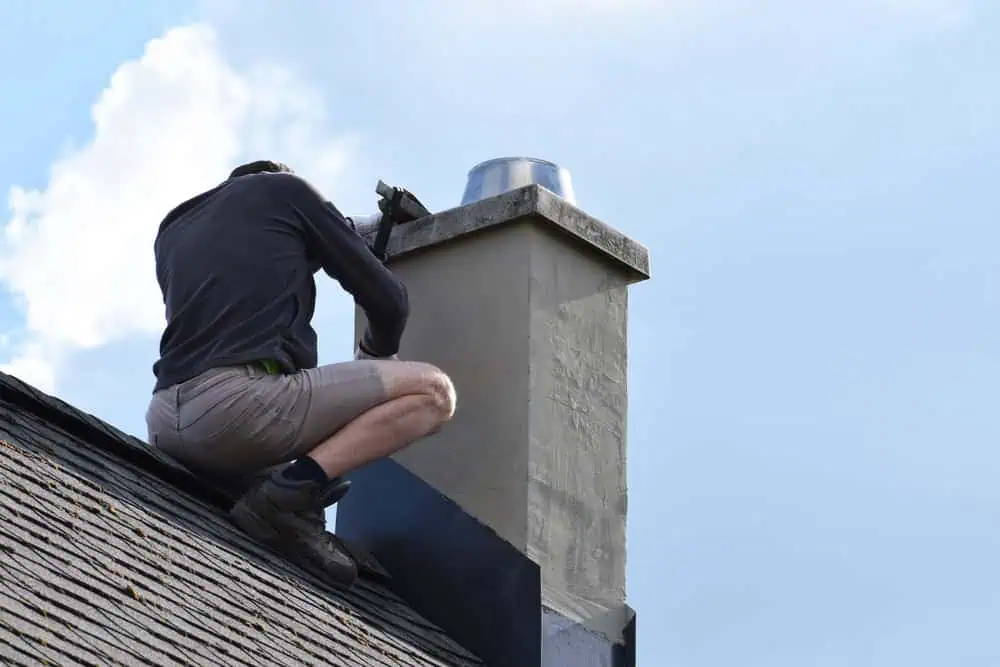Summary:
Why Boston Basements Face Unique Water Challenges
Boston was built right next to the harbor and rivers. Back Bay used to be actual water before they filled it with dirt and rocks. When big storms hit, that water has to go somewhere – usually your basement. This isn’t just about heavy rain—it’s about geography working against your foundation.
Much of Boston was built on filled-in land, so soil types change dramatically between neighborhoods. Some areas have clay that holds water against your foundation; others have sandy soil that lets saltwater move freely toward your home. Add Boston’s coastal location to the mix, and you’re dealing with water pressure that inland homes never face.
Boston weather attacks your basement from every direction throughout the year. Spring brings melting snow and heavy rains that soak the ground around your house. Summer storms drop vast amounts of rain in just a few hours, filling up storm drains and flooding basements.
How Boston's Climate Creates Perfect Storm Conditions
The share of precipitation during the biggest downpours in Boston is projected to increase. Around 1990, about 40.0% of precipitation fell during these downpours. In 2050, this is projected to be about 45.0%. The annual precipitation in Boston, MA is projected to increase from about 47.0″ to about 50.4″. That’s not just more water—it’s more intense water hitting your foundation in shorter periods.
In addition to slightly higher average annual rainfall totals, the Northeast has seen a dramatic rise in the amount of precipitation falling during sudden, intense storms — since 1958, there’s been a 70% increase in the amount of rain during big storms. In the future, climate change models show there will be even more runoff pouring into the stormwater drains in a shorter period of time.
Your basement feels this impact directly. Boston’s older homes and unpredictable spring weather create the perfect conditions for plumbing issues that lead to flooding. Heavy rain saturates the soil, overwhelms drains, and exposes weak plumbing points. These failures can quickly flood basements, turning minor leaks into emergencies.
The city’s infrastructure compounds the problem. Boston’s stormwater infrastructure is designed to handle about 5 inches of rain in 24 hours. We could be seeing more than 6 inches in 24 hours by the end of the century. So all of our stormwater management, which is responsible for preventing streets from flooding, basements from flooding, is now out of design and is not functional.
When storm drains can’t keep up, that water finds the path of least resistance—straight into your basement through foundation cracks, window wells, and aging waterproofing systems.
Why Older Boston Homes Are Especially Vulnerable
Basement leaks are a common issue for homeowners in Boston, especially those with properties built before 1950. One of the primary causes of basement leaks in Boston homes built before 1950 is the natural aging of the home’s foundation. Over time, the materials used in older foundations—often made of stone, brick, or unreinforced concrete—begin to degrade.
Most Boston homes went up in the 1800s and early 1900s, way before anyone cared about dry basements. Most Boston houses don’t have good ways to move rainwater away from the foundation. Gutters dump water right next to the house foundation, or they’re full of leaves and overflow everywhere.
The construction methods of that era created problems we’re still dealing with today. In addition to deteriorating waterproofing materials, the application methods used in historic homes were not always up to modern standards. For example, waterproofing may have only been applied to the exterior foundation walls, leaving the interior vulnerable to water infiltration. Furthermore, the foundation walls themselves may not have been properly sealed, which can cause water to enter through any vulnerable spots.
The basements of Boston’s old houses are frequently made of brick and fieldstone, which have become increasingly porous over time. Year after year, these materials break down more quickly because they readily absorb seawater. This creates a cycle where water damage accelerates more water damage.
Boston’s unique coastal challenges make traditional waterproofing methods less effective. The main difference between Boston basements and others comes down to one thing: salt. Saltwater hurts foundations much worse than freshwater, and regular waterproofing methods can’t handle it. Saltwater does more than make your basement wet – it attacks the basic materials in your foundation.
The Real Cost of Ignoring Basement Water Problems
Water damage doesn’t stay contained to your basement. Water problems in Boston basements only get worse if you ignore them. Small, damp spots turn into big floods that ruin your stuff and damage your house. Mold grows in wet basements and makes your family sick. Floor beams rot when they stay moist, which costs a lot of money to fix later.
Moisture problems frequently emerge as key points of contention during property inspections, which can drastically lower offers or even cause purchases to fall through. Homes with excellent waterproofing that have been properly installed tend to sell more quickly and have fewer inspection problems in the Boston market.
The financial impact extends beyond immediate repairs. Your home’s value takes a direct hit when buyers encounter basement moisture issues during showings or inspections.
How Water Damage Affects Your Property Value
Buyers are often hesitant to purchase homes with basements that have visible signs of water damage or moisture problems. These issues can lead to costly repairs and long-term complications, including mold and foundation problems. A waterproofed basement addresses these concerns head-on and assures prospective buyers that they won’t have to deal with expensive water damage or maintenance issues in the future.
The numbers tell the story clearly. Case study one: a homeowner in New York invested $5000 in professional waterproofing. After completion, the property value increased by $15,000, a clear 200% return on investment. Case study two: a Boston property owner spent $10,000 on an extensive waterproofing system. Afterward, their home sold for $40,000 more than comparable, non-waterproofed properties in the area.
The possibility for extra living space that a dry basement offers, whether for a home office, gym, or entertainment area—features that Boston homeowners are increasingly interested in—is especially valued by buyers. Among house upgrades, waterproofing the basement often yields high returns on investment in the competitive Boston real estate market.
Beyond the financial benefits, you get immediate quality of life improvements. Keeping your basement dry isn’t just about comfort but protecting your home and investment. Our basement waterproofing services safeguard your home’s foundation, improve indoor air quality, and keep mold and pests at bay. Proper moisture control solutions, like vapor barriers and ventilation systems, boost your property’s value while creating a healthier living space.
The Health Risks You Can't Ignore
Mold Growth: Mold thrives in moist environments. A professional cleanup is required for visible mold colonies, particularly black mold, which can pose serious health risks. A musty odor can also indicate mold development hidden behind walls or beneath flooring.
The health implications go beyond what you can see or smell. Air pollutants and excessive moisture levels in the basement or crawl space can negatively impact the odors in the home as well as cause health problems with those who live there year-round – including yourself! That infamous musty odor indicates the presence of mold in your basement, even if you can’t see mold spots yet. Mold is a smelly fungus that loves damp and dark environments like a basement. Even in small concentrations it still releases spores and odors in the air.
Your HVAC system circulates basement air throughout your entire home. When that air contains mold spores, allergens, and moisture, every room becomes affected. Children and elderly family members face the greatest health risks from prolonged exposure to these contaminants.
A wet basement allows moisture and musty smells or spores to thrive. That can cause respiratory issues for anyone in your family. Basement waterproofing can help improve the air quality in your home. By managing groundwater and diverting it away from your basement walls, waterproofing naturally reduces the humidity.
Professional waterproofing doesn’t just stop water—it creates a healthier environment for your entire family. The investment in waterproofing becomes an investment in your family’s long-term health and well-being.
How Professional Waterproofing Solves Boston's Water Problems
Effective basement waterproofing addresses the root causes of water intrusion, not just the symptoms. We know how important it is for homeowners to find lasting solutions to moisture problems. That’s why our basement waterproofing goes beyond quick fixes—we tackle the root causes to ensure your basement stays dry and protected. With our expert team and comprehensive approach, you can enjoy a safer, healthier home while avoiding costly water damage down the road.
Professional waterproofing creates multiple layers of protection. Modern systems combine interior drainage, exterior sealing, and moisture management to handle Boston’s unique challenges. You get a basement that stays dry during the heaviest storms while adding valuable living space to your home.
The right waterproofing approach transforms your basement from a liability into an asset. We understand Boston’s specific water challenges and provide solutions designed for our local climate, soil conditions, and housing stock.



